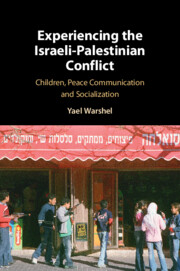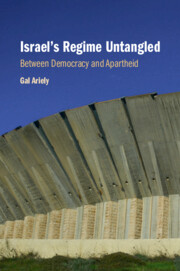Can a nation mobilizing for an extended armed conflict also construct and implement a national educational curriculum? This article explores the complex and crucial case of the Palestine Liberation Organization (PLO) as it sought to develop a national curriculum while in exile in Lebanon during the 1970s, prior to the inception of the Palestinian National Authority. Based on previously unexamined primary sources from PLO archives, I show how the PLO accomplished a high level of curriculum maturity despite considerable contextual and institutional challenges. The PLO mainstream embraced this curriculum as a political instrument of anticolonial and postdiasporic education suitable for regenerating a sense of community, fostering nation building, and increasing the PLO's political legitimacy. However, as can be expected in a colonial or diasporic setting, the process of educational transition remained uneven, fragile, and dependent on the PLO leadership's ability to navigate conflicts and negotiate arrangements with colonial power, host states, and international organizations.

